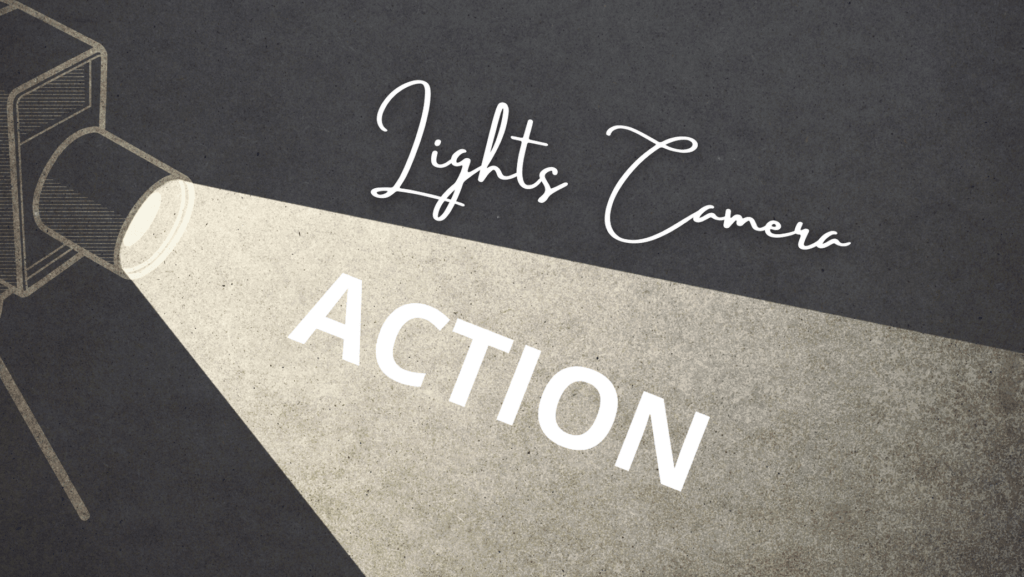Once you have your credit report and your credit score, you will be able to tell where you stand and where many of your problems lie. If you have a poor score, try to see in your credit report what could be causing the problem: When developing your action plan, know where most of your credit score is coming from.
1) Your credit history (accounts for more than a third of your credit score in some cases). Whether or not you have been a good credit risk in the past is considered the best indicator of how you will react to debt in the future. For this reason, late payment, loan defaults, unpaid taxes, bankruptcies, and other unmet debt responsibilities will count against you the most. You can’t do much about your financial past now, but starting to pay your bills on time – starting today – can help boost your credit score in the future.
2) Your current debts (accounts for approximately a third of your credit score in some cases). If you have lots of current debt, it may indicate that you are stretching yourself financially thin and so will have trouble paying back debts in the future. If you have a lot of money owing right now – and especially if you have borrowed a great deal recently – this fact will bring down your credit score. You can boost your credit score by paying down your debts as far as you can.
3) How long you have had credit (accounts for up to 15% of your credit score in some cases). If you have not had credit accounts for very long, you may not have enough of a history to let lenders know whether you make a good credit risk. Not having had credit for a long time can affect your credit score. You can counter this by keeping your accounts open rather than closing them off as you pay them off.
4) The types of credit you have (accounts for about one-tenth of your credit score, in most cases). Lenders like to see a mix of financial responsibilities that you handle well. Having bills that you pay as well as one or two types of loans can actually improve your credit score. Having at least one credit card that you manage well can also help your credit score.
5) Inquiries or New Credit (accounts for 10% of your credit score). Approximately 55 points can be lost if you are constantly applying for new credit. As you can see, it is possible to only estimate how much a specific area of your credit report affects your credit score. Nevertheless, keeping these five areas in mind and making sure that each is addressed in your personalized plan will go a long way in making sure that your personalized credit repair plan is comprehensive enough to boost your credit effectively.
If you need help developing your action plan or would rather someone tackle this for you, feel free to schedule a free consultation today!


